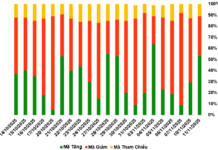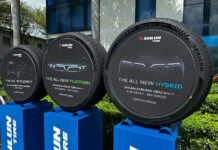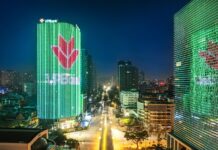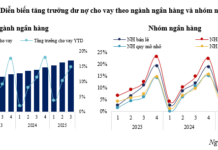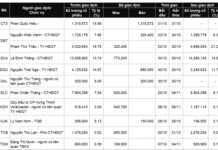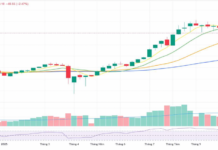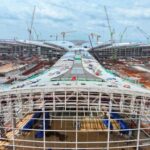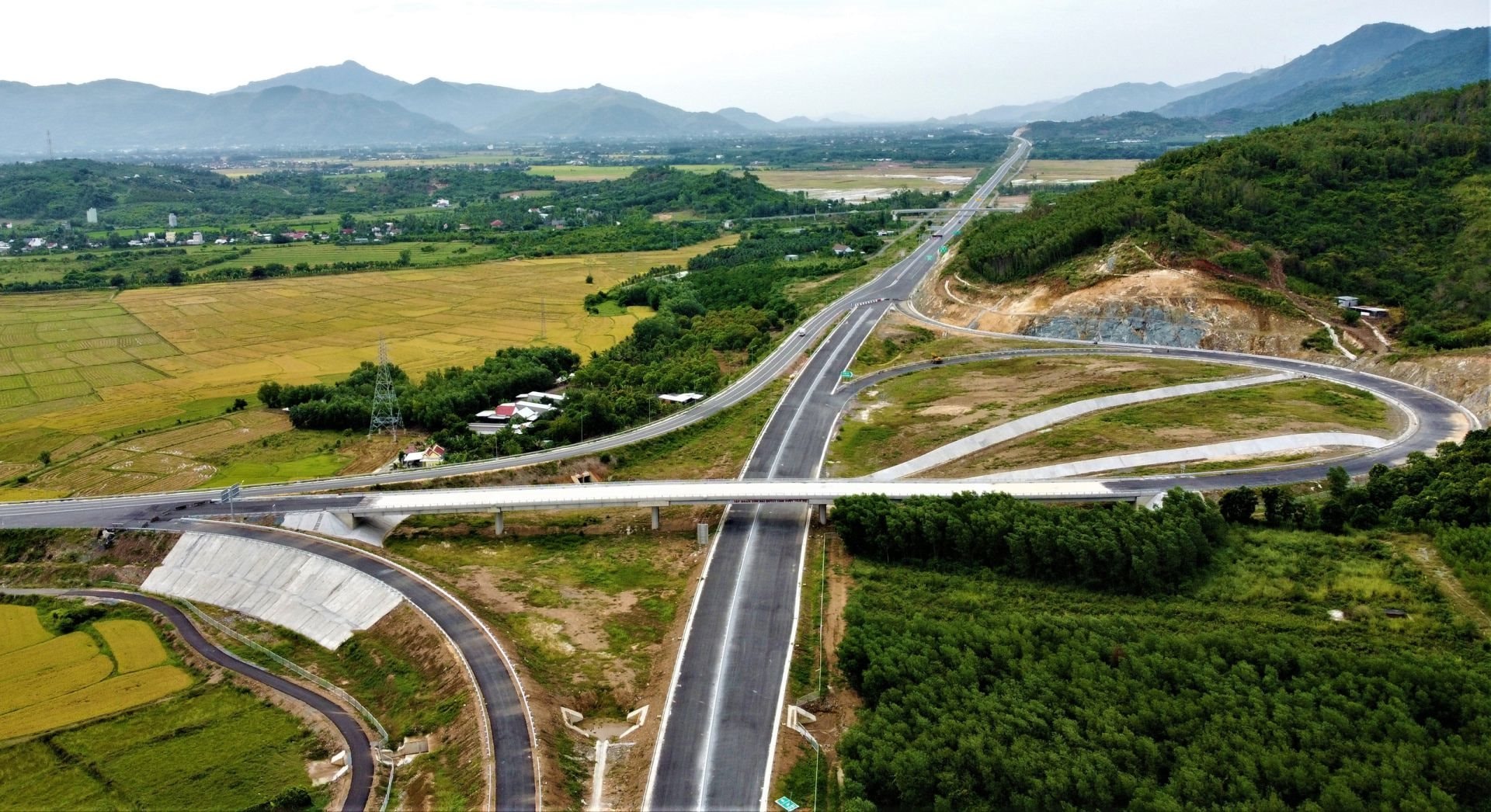
The Van Phong – Nha Trang Expressway, led by LIZEN in a consortium, is a flagship infrastructure project.
Vietnam’s infrastructure sector is experiencing a transformative phase, fueled by the government’s commitment to economic growth. The 2025 public investment disbursement plan has been revised upward to VND 875 trillion (USD 34.4 billion), marking a 28% increase from 2024’s actual disbursement.
A wave of large-scale infrastructure projects is underway, with a target to complete 1,188 km of expressways in 2025, pushing the national total to 3,000 km. This ambitious agenda has created a high-stakes environment, necessitating collaborative efforts beyond the capabilities of individual enterprises.
During the peak period of 2022-2023, strategic consortia began to take shape, particularly with the rollout of the North-South Expressway Phase 2. These partnerships were not merely contractual obligations but strategic alliances designed to mitigate risks and optimize resources.
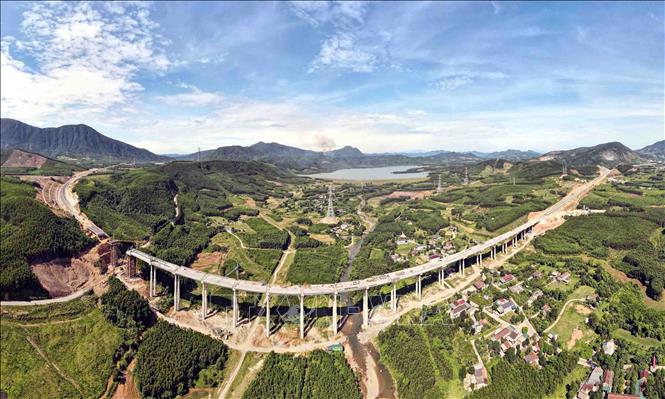
Bridge No. 1 on the Vung Ang – Bung Expressway. Photo: TTXVN
In late 2022, the Lizen (LCG) – Vinaconex (VCG) consortium secured a VND 5 trillion contract for the Vung Ang – Bung Expressway, which opened to traffic in August 2025. Simultaneously, Lizen partnered with Son Hai Group on a VND 3.8 trillion segment of the Quang Ngai – Hoai Nhon Expressway.
In 2023, Lizen expanded its portfolio by joining Deo Ca Group’s consortium for the Huu Nghi – Chi Lang Expressway (total investment: VND 11.024 trillion) and collaborating with Construction Corporation No. 1 (CC1) on a VND 1.832 trillion contract for Hanoi’s Ring Road 3.
By 2025, these alliances have not only sustained momentum but also demonstrated maturity and industry-wide influence. Consortium members consistently secure contracts for the nation’s most significant projects.
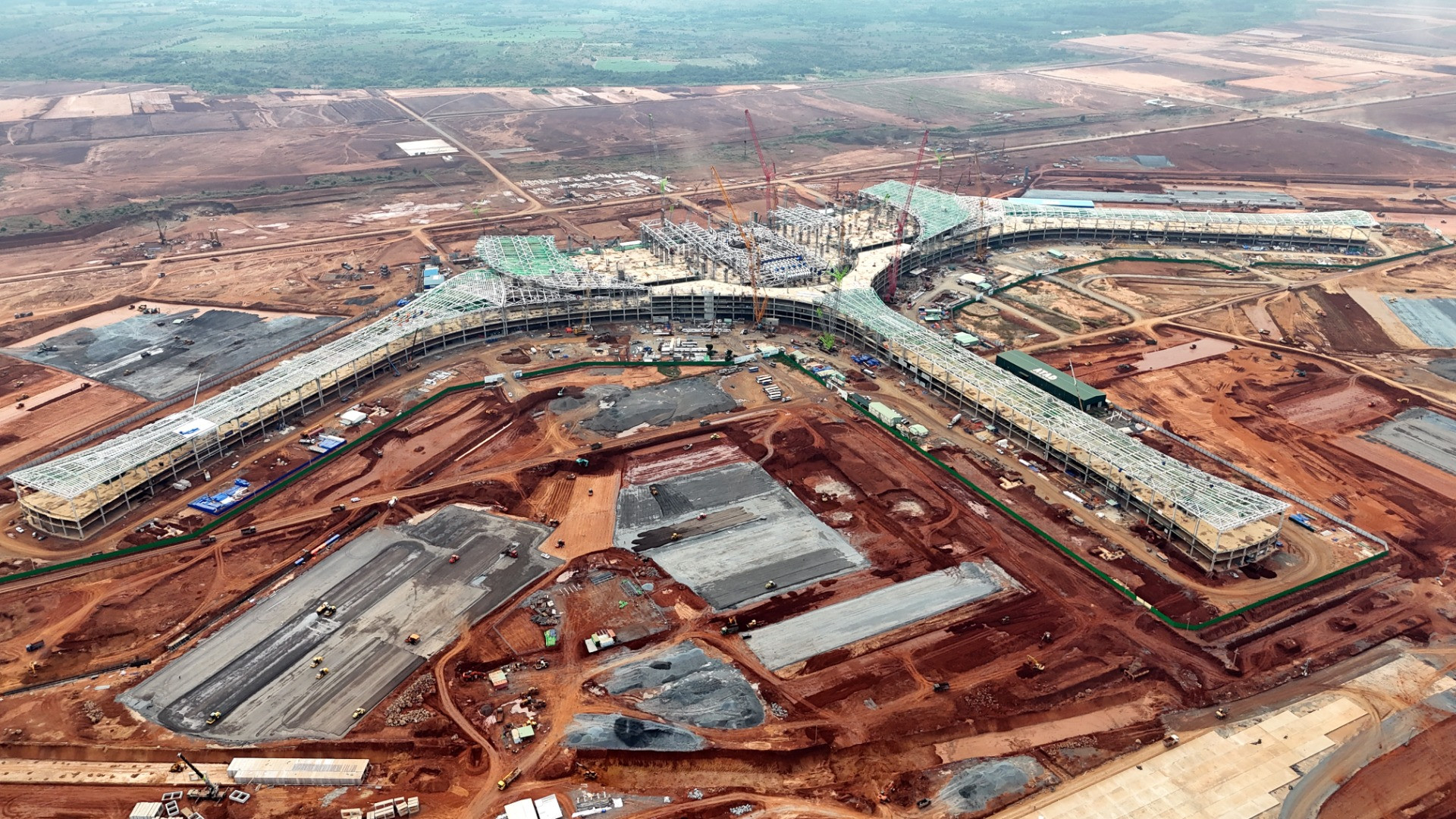
The Long Thanh International Airport megaproject. Photo: Nhan Dan Newspaper
At the Long Thanh International Airport, a Vinaconex-affiliated consortium won the VND 2.57 trillion runway contract, while the CC1 – Coteccons – Fecon consortium secured the VND 3.144 trillion passenger terminal contract.
Concurrently, the Becamex – Deo Ca consortium was awarded the VND 11.743 trillion contract for the Binh Duong section of HCMC’s Ring Road 4, and Son Hai Group made its mark on the Hoa Binh – Moc Chau and Dau Giay – Tan Phu Expressways.
.jpg)
Van Phong – Nha Trang Expressway. Photo: Lizen
In this landscape, Lizen has emerged as a pivotal leader. Its most notable achievement is spearheading a consortium—including Phuong Thanh Traffic, Hai Dang, and VNCN E&C—to complete the Van Phong – Nha Trang Expressway (VND 11.808 trillion) eight months ahead of schedule. The project was inaugurated in April 2025 and may earn a VND 100 billion bonus.
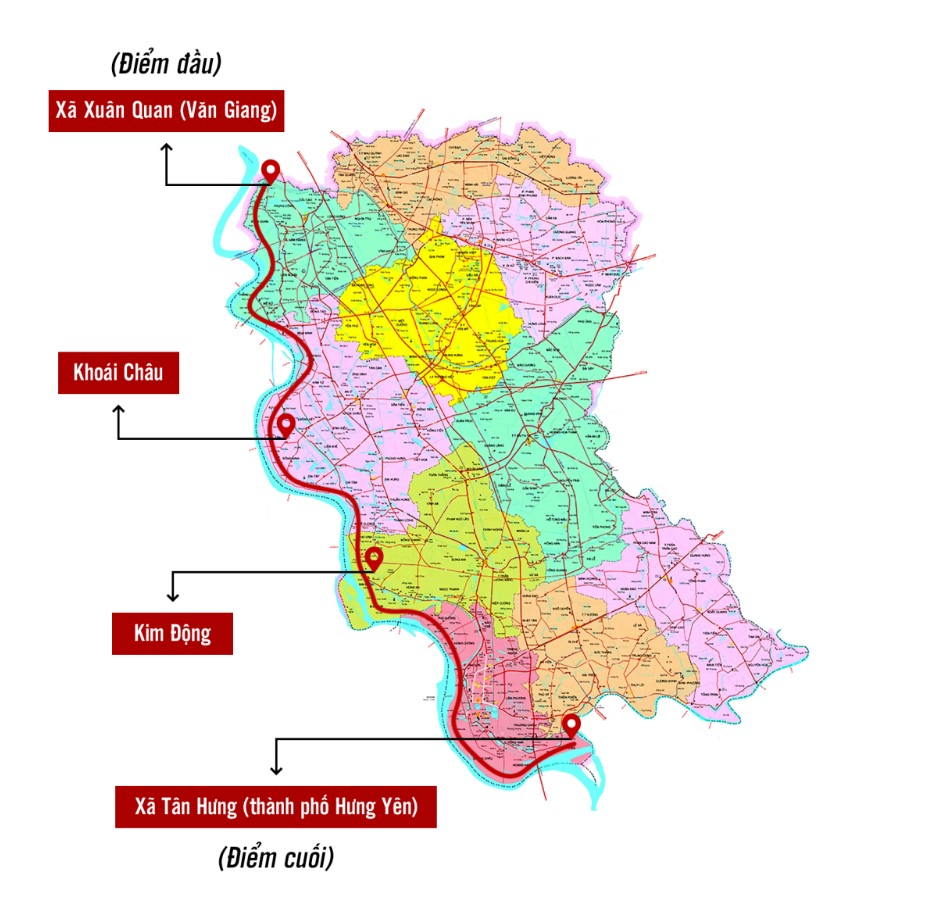
Building on this success, in mid-2025, Lizen led a consortium with Phuong Thanh Traffic to secure a VND 6 trillion construction contract for the Hung Yen Heritage Road, with Lizen handling 60% of the workload.
Lizen and its partners remain actively engaged across critical projects. At the Huu Nghi – Chi Lang Expressway, Lizen collaborates with Deo Ca Group and Construction Company 568. In the south, the company partners with Trung Nam Construction and Corporation 319 on the Bien Hoa – Vung Tau Expressway. Additionally, Lizen independently undertakes a VND 1.253 trillion contract for HCMC’s Ring Road 4.
This collaborative strategy has yielded a substantial backlog. As of September 2025, Lizen’s total backlog stands at nearly VND 7.3 trillion, approximately three times its 2024 construction revenue.
Accelerating the Thu Thiem – Long Thanh Railway Project: A Fast-Track to Progress
Vice Prime Minister Trần Hồng Hà has urged relevant agencies to expedite the implementation of the Thủ Thiêm – Long Thành railway project, ensuring seamless connectivity between Tân Sơn Nhất Airport and Long Thành Airport.
What Makes the $218 Million Cable-Stayed Bridge in Southern Vietnam Special? Built Entirely by Vietnamese, Praised by the Prime Minister for Its Superior Design, Yet Costing Half as Much as Its Predecessor
The Mỹ Thuận 2 Bridge boasts five key advantages over its predecessor, as meticulously analyzed by the Prime Minister himself.




